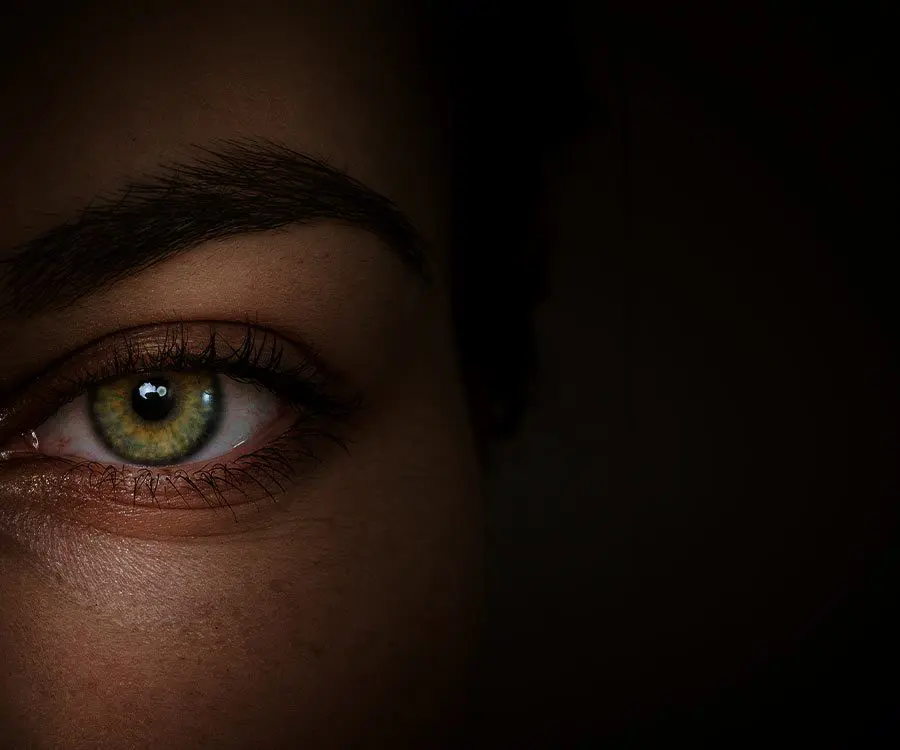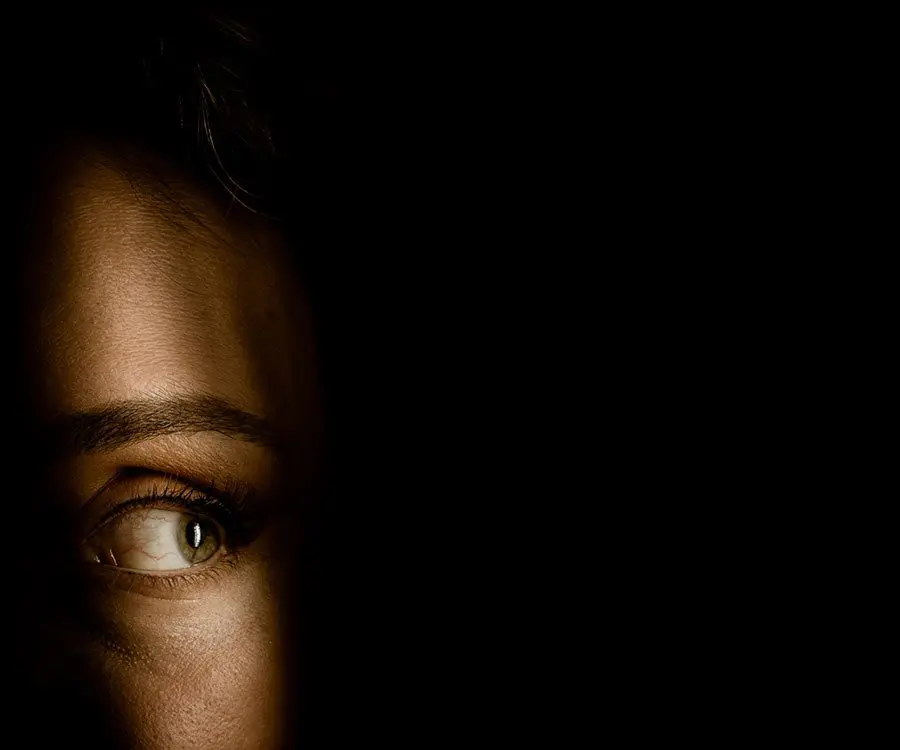
- Uncategorised

- News
Diabetes Related Vision Loss Growing

At a time where society is more educated in healthcare than ever before, a recent statistic on diabetes related vision loss has proven quite alarming; diabetes-related blindness and vision loss has risen by 27% and 64% respectively. This figure comes to light at a time where the condition ‘diabulimia’ has now been coined to describe a rising problem where by young people are deliberately missing their insulin injections in a bid to loose weight, thus causing serious harm to their health including their eyes.
Why is vision-loss increasing in people with diabetes?
Research indicates that as the number of people living with diabetes grows, so does the risk that more people will develop diabetic retinopathy if they do not adhere to the advice given to manage their diabetes and visit an eye doctor when required. Unfortunately, there are usually no symptoms of diabetic retinopathy in the early stages to indicate any problems before its too late, stressing the importance of prevention.
What is Diabetic Retinopathy?
Diabetic retinopathy is a disease of the retina that damages vision as a result of prolonged high blood sugar in people with diabetes. The high sugar levels damage the delicate blood vessels in the retina of the eye – the light-sensitive layer of tissue that lines the back of the eye.
If high blood sugars are not managed correctly, the damage continues and the blood vessels begin to leak and distort vision. Once diabetic retinopathy has become advanced, new, abnormal blood vessels grow in the retina, causing further damage and eventually permanent scarring, vision loss or even complete blindness.
What is diabulimia?
Recently brought to light by BBC Radio1’s Newsbeat, the not yet medically recognised ‘diabulimia’ describes diabetic people who deliberately take too little insulin in order to lose weight. This has a number of damaging, long-term effects including hair loss, kidney problems, blindness (as detailed above) and even early death.
The charity, DWED (Diabetics With Eating Disorders) has been campaigning to have the omission of insulin for weight loss officially recognised as a mental illness. Speaking to Newsbeat, one sufferer describes the effects the condition has had on her health, “I’ve had physiotherapy to gain strength in my muscles. I’ve had to have a lot of laser eye surgery to correct my eyes but my vision will never be the same again.”
As diabetic retinopathy is an irreversible disease, we can’t stress enough about the importance of correctly managing blood sugar levels and having a dilated eye health exam every year. Prevention is always better than cure.
If you would like more information on any of the subjects discussed in this article, please contact your local GP or Eye Doctor.
Source: medicalnewstoday.com & bbc.co.uk/newsbeat
These figures are the result of an analysis by a global consortium, who recently published their work online in the journal Diabetes Care.
Reviews







